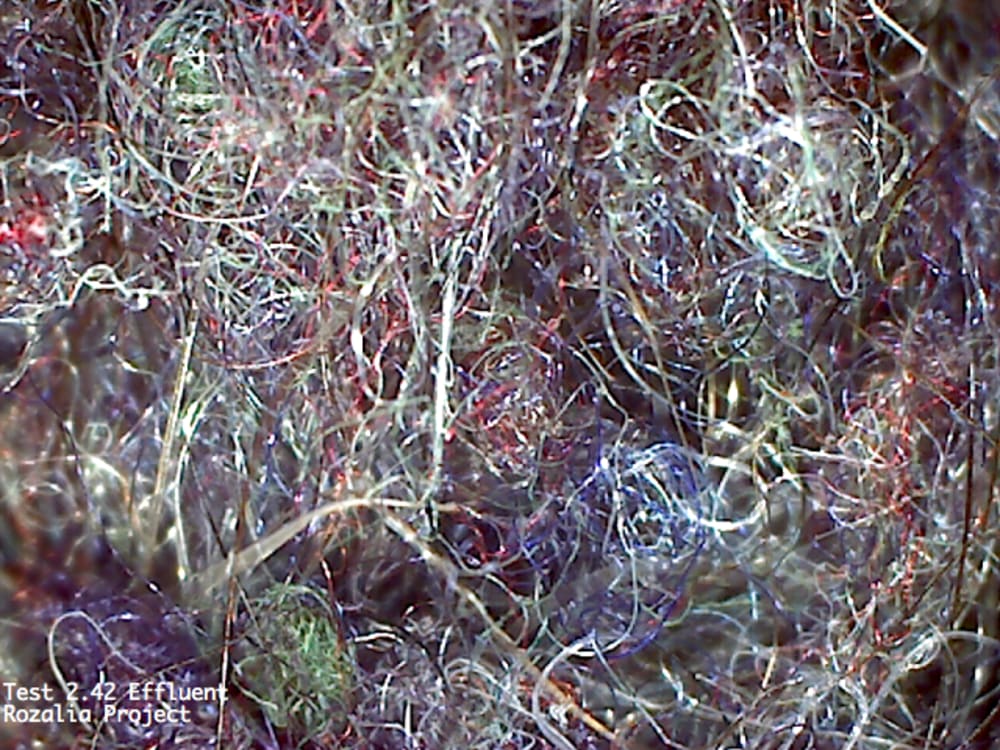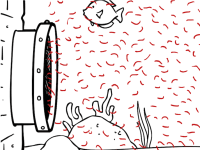Most of us wear synthetic fabrics like polyester every day. Our dress shirts, yoga pants, fleeces, and even underwear are all increasingly made of synthetic materials plastic, in fact. But these synthetic fabrics, from which 60% of all clothing on earth is made, have a big hidden problem: when they’re washed, they release tiny plastic bits called microfibers that flow down our drains, through water treatment plants, and out into our rivers, lakes and oceans by the billions.
If there is a mechanism that can collect all these microfibers, cloth manufacturing companies can reuse the microfibers to make new clothing like tough, very soft-to-the-touch materials for general clothing use. This collection can be done using a newly designed washing machine.
A washing machine (laundry machine, clothes washer, or washer) is a device used to wash laundry. There are many washing machines that filter the water for reuse but they can not filter microfiber because they are too small.
This project solves this problem. Filtration or separation of microfiber from the wastewater can be achieved by integrating a heater with a washing machine. After the end-user washes the cloth there will be wastewater containing microfiber. The wastewater will be directed to a heating chamber. When the heater is activated the water will evaporate and the microfiber will remain in the chamber since microfiber does not evaporate. The evaporated water will be directed into a small tank for condensation. This water will be used for reuse. Then after some interval, the microfiber can be collected to be sold to clothing manufacturing companies to be recycled and reused.
As seen in the above figure the red part is the heater and the green is the small tank that will hold the condensed water. There will be non-retunable valves in preheating and after heating pipes so that the water does nor return into washing chamber and heater respectively.
Note that the above picture is the initial draft of the mechanism and the detailed and integrated design will be submitted soon.
Approx. 2 out of 7 people in the world have access to washing machines. This means if we can manage to install this mechanism in every washing machine we can save a massive amount of microfiber entering into the oceans. This is a very big amount of microfiber because there will be at least more than 700,000 microscopic fibres could be released into wastewater during each use of a domestic washing machine, with many of them likely to pass through sewage treatment and into the environment, according to new research. So, imagine the total. This will assist in making our oceans clean of microfiber.
The end users can sell the separated microfiber based on their weight and they will gain profit from washing their clothes.
For more information please visit https://www.herox.com/plastika-reparabilis/round/346/entry/21820
Like this entry?
-
About the Entrant
- Name:Anteneh Gashaw
- Type of entry:individual
- Patent status:pending








